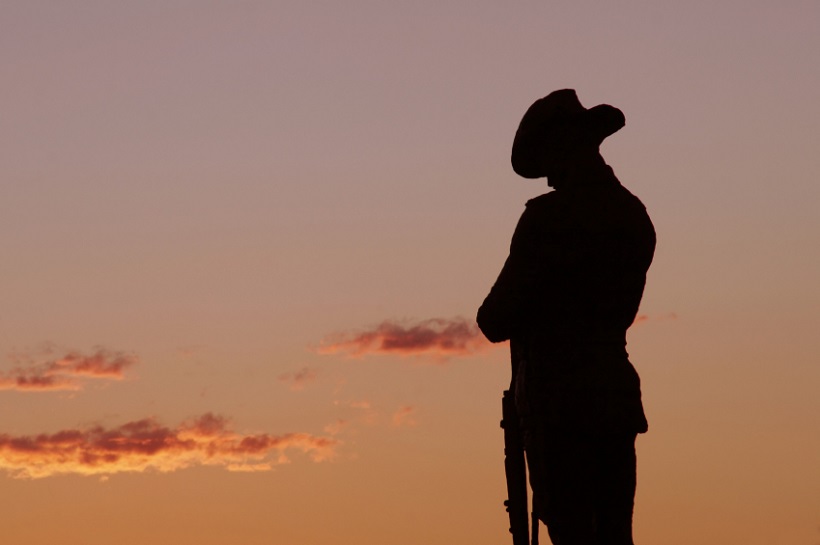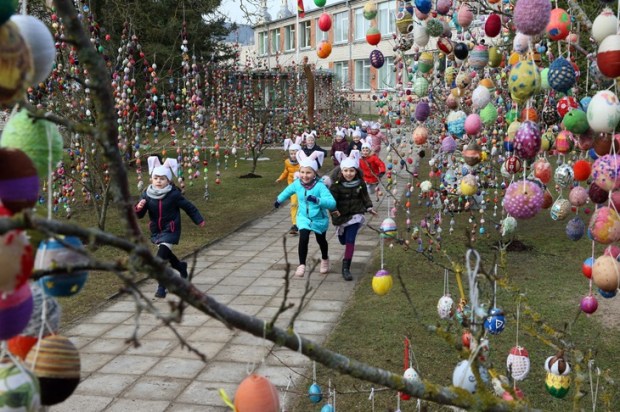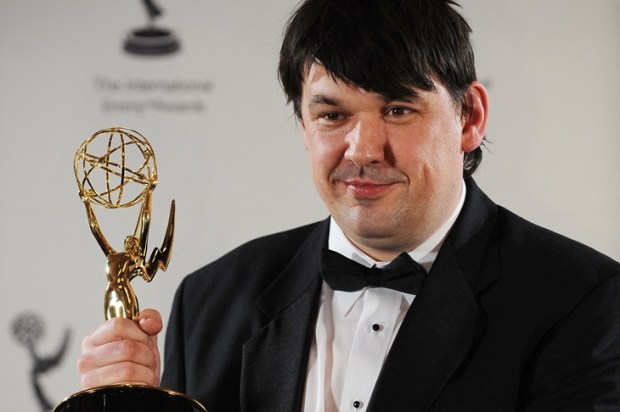ANZAC Day 2018 will see Australia begin the final run of commemorations for the Centenary of ANZAC – a program of events running since 2014 designed to honour those who served in World War One and reconnect today’s society with the selfless service and sacrifice of an earlier generation.
The stories of Australian and New Zealand men who jumped into the murky waters at Gallipoli to endure eight months of Turkish snipers picking off their mates, survivors shipped to the bloody fields of France for another three years of horrific loss of lives and those who returned scarred mentally and physically should have shaped the modern embodiment of the spirit deserving to be at the core of our nation’s psyche.
Every Australian has a connection with those stories, to that service and how it has shaped what our country is today.
ANZAC Day has a rare place on the Australian calendar – for more than a century it has brought together those who served and those who stayed at home in every generation and conflict to express gratitude for the freedoms we cherish to this day.
Such gratitude on any other day is rare as politicians assume the role of modern-day snipers and self-interest of many in society curtails peripheral appreciation of a past that should be guiding our future.
Fifty years ago ANZAC Day was waning with dwindling crowds on the sidelines in appreciation for those who had been at Gallipoli, Villers-Bretonneux and in Egypt during World War One, the Rats of Tobruk and survivors of the atrocities in South-East Asia a generation later, younger veterans in part shunned by the RSL after service in Korea, Malaya and Vietnam.
The flower power agitators had discarded gratitude and respect with the arrival of the promiscuous hippy era in the 1960s, gatecrashing and disrupting ANZAC commemorations and defacing memorials at the height of the Vietnam War and peace marches spearheaded by Whitlam’s deputy prime minister – nearly Labor leader himself – Jim Cairns.
Demanding peace at any price, these idealists would have capitulated to an enemy faster the breeze that greeted British Prime Minister Neville Chamberlain on his “peace in our time” return from meeting Adolf Hitler in Berlin in a futile attempt to avoid the catastrophe of World War Two and abdication of standing up for the principles of democracy and freedom.
Luckily society and the RSL matured somewhat in the decades after with a steady rise in attendance at ANZAC and other commemorations, Australians gaining a better understanding of how close this country was to being invaded in World War Two and survivors of campaigns across the Pacific allowing their hard exterior to be cracked, sharing stories of their lives in prisoner-of-war camps, on death marches and torture at the hands of the enemy.
Descendants were increasingly being called to carry the torch for these defenders of democracy as year by year the number marching with units, regiments and battalions decreased when age and health took a toll on the veterans.
Numbers of Rats of Tobruk are fast diminishing and many are near the milestone of receiving a telegram from the Queen. In Melbourne 11 years ago, the Rats association sold Tobruk House with proceeds of $1.7 million now supporting the Royal Children’s Hospital.
Among the surviving Rats is Bob Semple, turning 98 in a fortnight. He has been part of the Melbourne ANZAC march since 1946 firstly as a piper and then, for the last 56 years as drum major, with Hawthorn Pipe Band.
Bob won’t be in Melbourne this year, instead accepting an invitation to attend the national commemoration in Canberra as a speaker along with Western Australian governor-designate Kim Beazley.
But missing from the march in the capital for the first time in its 93-year history will be the Canberra City Band after RSL hierarchy ditched community bands from commemoration, despite the backlash over alternative plans to broadcast music along the parade route.
In one unfortunate stroke, the Canberra RSL has removed possibly a thousand musicians, their families and friends from connection and involvement, direct and indirect, with the ANZAC commemoration.
In an age where government and bureaucrats have drastically downsized establishment numbers of Australian Defence Force bands, there is an increased reliance on community musicians for commemorative occasions in major cities akin to the involvement in regional and rural communities that has kept the ANZAC spirit alive outside the metropolis for the past century.
The RSL has traditionally been the custodian of ANZAC commemorations with support from the army, navy and air force. However, the embodiment of contemporary aspirations really requires a partnership with all of the community to ensure our national day of gratitude is inclusive of those who will honour the ANZAC spirit into the second century since the fateful landing at Gallipoli.
Without the interest of new generations comprising many fortunate never to have been through war and conflict as a serviceman or women, their mother or father, brother or sister, the chute for discovering and sharing stories of the past will become blocked over time.
Involvement of descendants of ANZACS through the eras has not always been welcomed nor embraced by commemoration organisers. And on occasions, those descendants too have been excluded from participation in ANZAC marches.
The ANZAC spirit determines that 25 April is about gratitude and inclusion to honour our past with respect. It should be a partnership for the nation united as one in the hope that togetherness binds us to stand firm to our principles, defend our values and learn from the past.
No place exists for exclusivity if the cherished place in the nation’s heart for ANZAC Day is to live on.
Lest We Forget
Chris Earl is a rural and regional communications consultant.
Got something to add? Join the discussion and comment below.
Got something to add? Join the discussion and comment below.
Get 10 issues for just $10
Subscribe to The Spectator Australia today for the next 10 magazine issues, plus full online access, for just $10.


























Comments
Don't miss out
Join the conversation with other Spectator Australia readers. Subscribe to leave a comment.
SUBSCRIBEAlready a subscriber? Log in